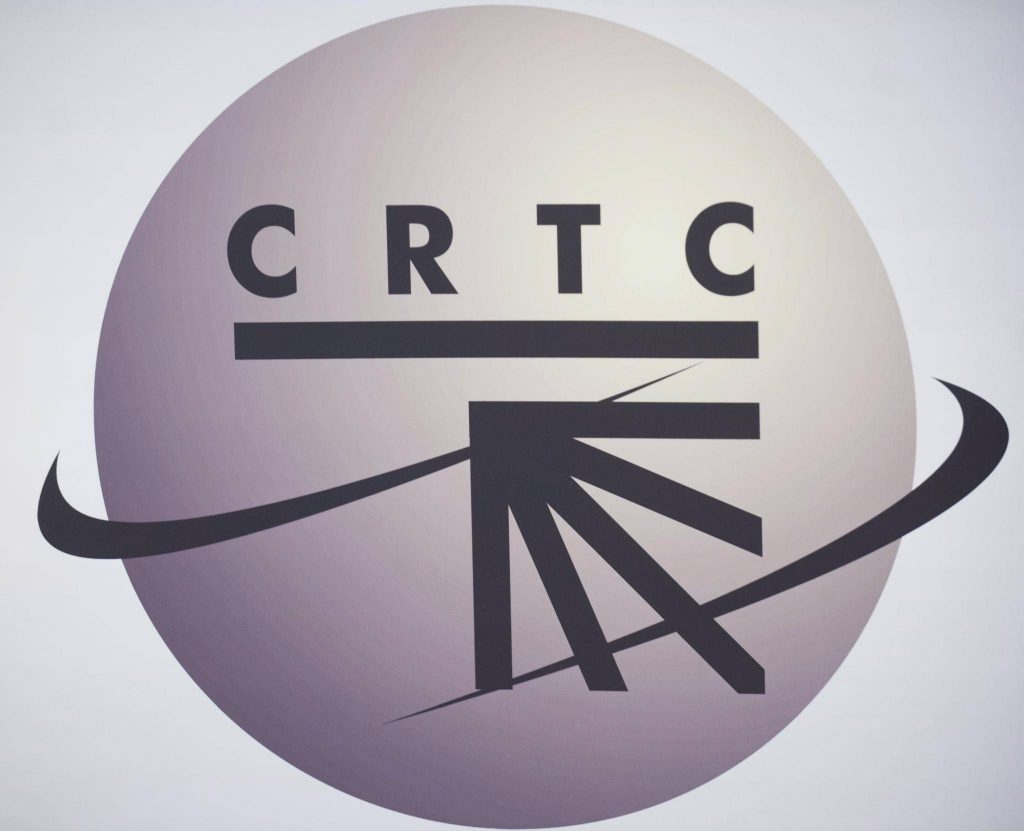Starlink with the optical interconnects would have been revolutionary (lower global latency than current ocean cables); many banks and investment firms would have paid $5M/month for a chunk of dedicated bandwidth for market making and arbitrage.
I heard rumors they're planning to do the optical interconnects and move the non-optical satellites to a nearby orbital plane that has less demand for optical interconnects, and as backup/spares.
Remember, this is a >1000 satellites/year launch cadience, using assembly-line-built satellites.
They plan to replace Starlink satellites frequently and jiggle them around a bit. In five years, all of North America will probably be covered by optical-interconnected Starlinks. They are planning to launch continuously in a satellite-replacing endeavour, in a continous-integration and continuous-upgrading basis. Not launch it all monolithically like Iridium or GPS.
They're still going to have massive bandwidth issues in urban environments, so it'll be priced to compete against rural alternatives.
I'll agree with that assessment. The total bandwidth of a single IKEA flatpacked satellite is very tough.
However, it's also the
first time that phased array antennas will be commoditized, with simultaneous send/receive to multiple satellites simultaneously. The "UFO on a stick" antennas are likely hybrids (partial phased array, partial mechanically steered). It is like your WiFi MU-MIMO, except on steroids, and to multiple satellites simultaneously & concurrently in multlink bandwidth transfer.
Also, while they're doing the base station thing -- there is the flexibility for users to also be crowdsourced base stations themselves. Downtown urban base stations will have the advantage of being able to do secondary connections -- which Starlink will probably give some of them at no extra charge, to help you be a crowdsourced based station. Basically buy you a Business Internet connection for just the price of a Starlink account, and you get 2 Internet connections -- on the condition your base station doubles as a crowdsourced backhaul for Starlink! This will somewhat increase urban capacity. It won't be a replacement for ground-based Gigabit Internet though. But it's one way Starlink can increase urban capacity somewhat, and may still be sufficiently competitive to ground Internet in lesser-density towns/cities such as Oakville.
Over time, with such sheer satellite count (5 figure count), that may start to serve downtown cores adequately. Especially with better phased array base station and crowdsourced backhauls, and later inter-satellite laser links.
I'll stick to ground-based gigabit though, but Starlink will easily blow away Hughes in a few years. What they're doing is essentially revolutionary -- literally "IKEA satellites" flatpacked (60 per rocket) + phased array end-user base stations + mesh networked base stations + possible future crowdsourced backhauls + etc. Just the sheer number of satellites launched at once is jawdropping -- that's almost a whole Iridium constellation in one launch, at far more massive aggregate bandwidth than Iridium ever was able to give.





